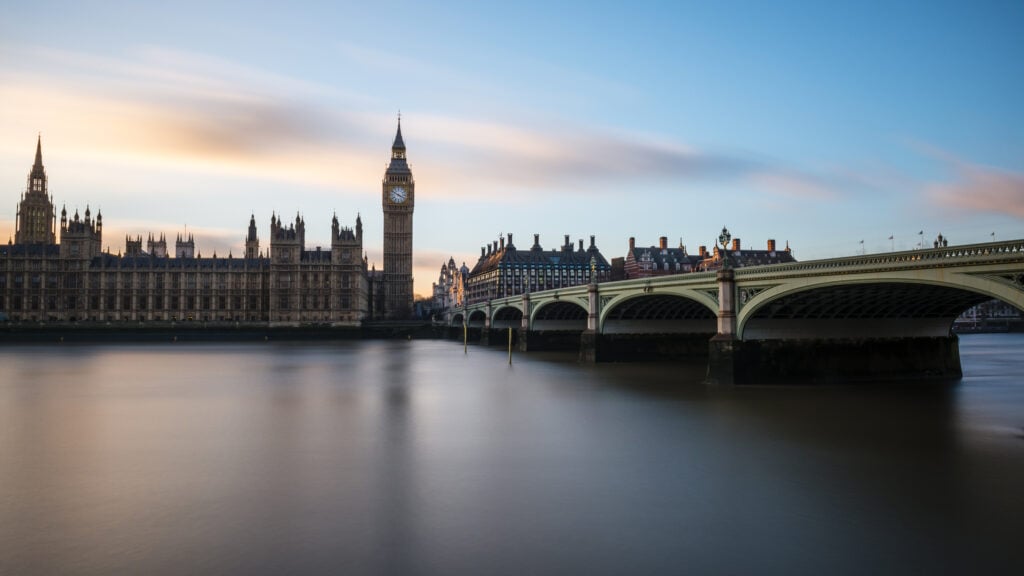The government has been urged to create a Net Zero Development Bank and pledge £5 billion towards local energy projects.
This comes from Siemens UK and UK100, a network of 100 Mayors and local government leaders.
The duo analysed the progress of five regional energy hubs, which have a pipeline of 183 projects valued at £850 million. It found that this potential pipeline could be increased by more than 100 times from £0.85 billion to £100 billion if local energy projects – which are mostly at early stages – were given a boost through a £5 billion stimulus package.
This £100 billion figure includes £10 billion for renewables such as solar, wind and biomass, £30 billion for low carbon heating, £10 billion for smart energy systems, £10 billion for low emissions transport and £40 billion for energy saving and efficiency.
“A stimulus package that focuses on local energy will help rescue the UK economy and deliver on the Prime Minister’s ambitions of levelling up all parts of the country, and meeting the Net Zero target,” Polly Billington, director of UK100, said.
This comes as part of a report set to be released by the group looking into local energy. It calls for a Net Zero Development Bank to be created to bring together all government financing for net zero and “kickstart local energy schemes” that are at too early a stage to attract private finance.
A Net Zero Development Bank would “avoid duplication”, UK100 said, and would establish common rules for financing schemes.
The report itself – due for full release this summer – came from five workshops and interviews sponsored by the Department for Business, Energy and Industrial Strategy (BEIS) and Siemens.
However, its recommendations have been released, which state that coherent and consistent government support could help provide market certainty and stability.
Its main recommendation is focused on the Net Zero Development Bank, which it said could scale up investment opportunities to make them more attractive to institutional investors, as well as engage with regulators and central government and become a “centre of excellence” for net zero project investment.
It also suggested that participants in the local energy market are “confused and frustrated by inconsistent policy and regulation”, adding that whilst the private sector is able to provide “much of the development capital needed”, this can only happen is there is “sufficient market clarity”.
Carl Ennis, the UK CEO of Siemens, said there is an “urgent need” to scale up local energy to meet net zero.
“This requires a collective national effort with government, business and the public all playing our part. Local energy should be at the heart of the National Infrastructure Strategy creating a more consistent policy landscape that will give investors the confidence to invest earlier.”
The recommendations come days after Prime Minister Boris Johnson announced plans to “build back greener” after COVID-19, however detail was sorely lacking from his speech, with Good Energy CEO Juliet Davenport stating that it’s “not enough to say you agree with building back greener, you actually have to spend the money where it matters most”.






